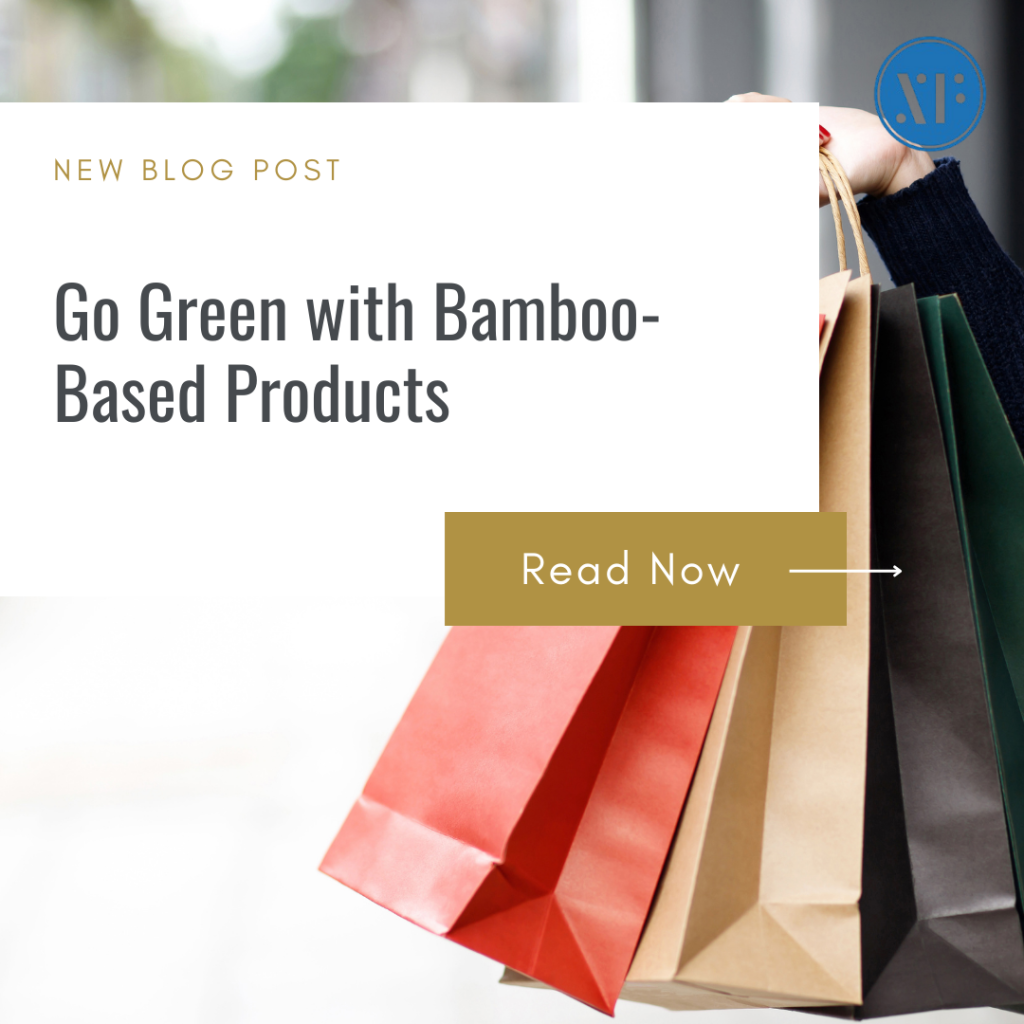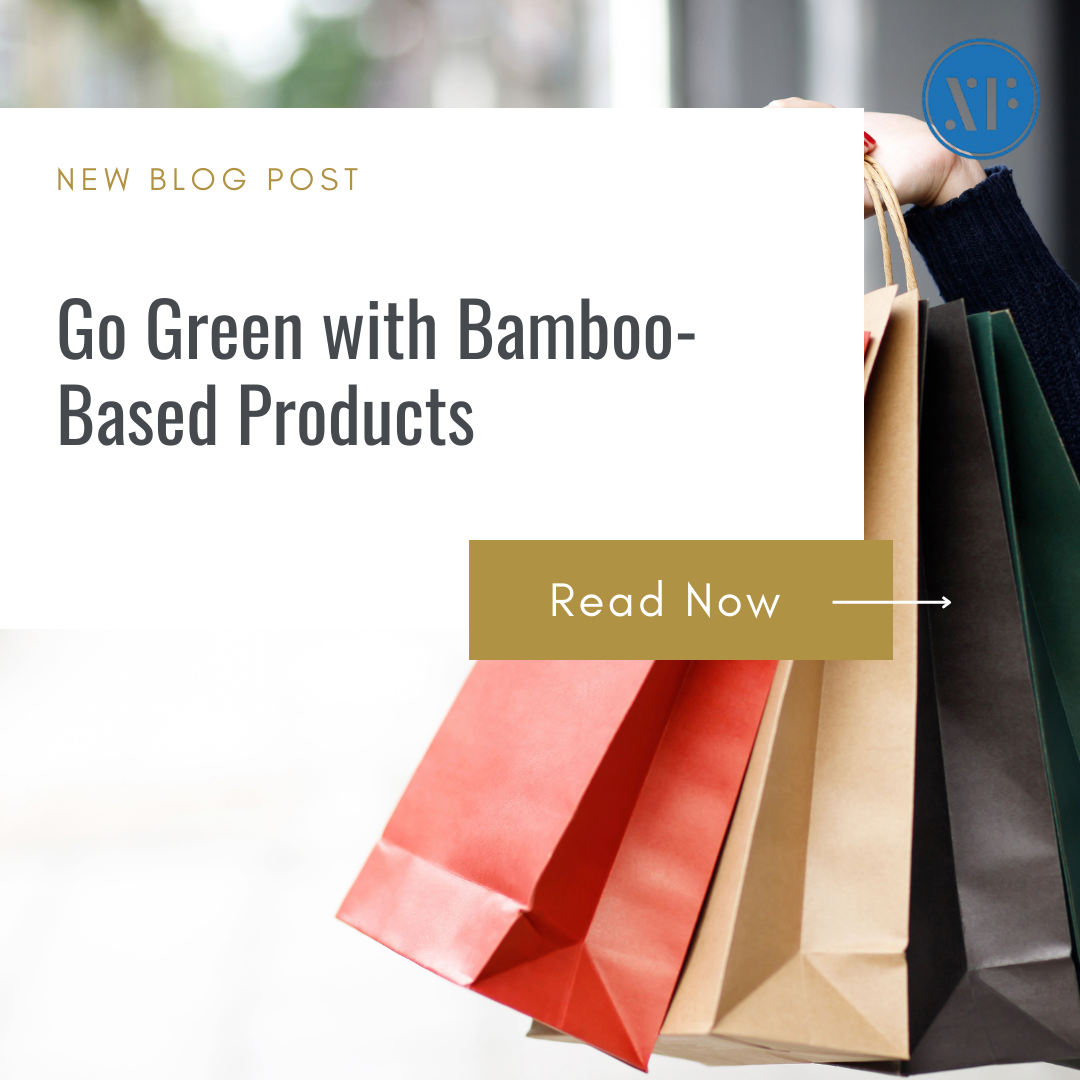
As sustainability becomes a growing priority, bamboo is quickly emerging as one of the most eco-conscious materials available today. From household goods to packaging, this fast-growing plant offers a wide range of environmental and practical benefits. So, what makes bamboo such a popular choice? Let’s take a closer look at the key advantages of bamboo-based products.
- Environmentally Friendly and Sustainable
Bamboo’s rapid growth rate makes it a highly renewable resource. While hardwood trees can take decades to mature, bamboo reaches full maturity in just three to five years. This means it can be harvested more frequently without exhausting natural resources, making it a smart choice for sustainable production.On top of that, bamboo is fully biodegradable. Unlike synthetic materials, pure bamboo breaks down naturally without releasing harmful substances into the environment—helping reduce waste and environmental pollution. - Strong and Long-lasting
Bamboo is naturally resistant to pests, eliminating the need for chemical pesticides and enhancing its durability. Its toughness makes it a reliable material, capable of withstanding regular use over time. Another advantage is its low-maintenance nature. Bamboo-based products are easy to care for and maintain, reducing the need for frequent replacements and contributing to long-term cost savings. - Health and Safety Benefits
Bamboo products are a great choice for health-conscious consumers, as they are free from harmful chemicals like phthalates and BPA—common toxins often found in plastics. Choosing bamboo means avoiding exposure to these substances, ensuring a safer experience for you and your family. Additionally, bamboo has hypoallergenic properties, making it ideal for individuals with sensitive skin or allergies. Its natural softness and gentleness reduce the risk of irritation, making bamboo-based products a comfortable and skin-friendly alternative. - Versatile Applications
Bamboo’s versatility allows it to be crafted into a wide variety of products, from furniture and flooring to personal care items like toothbrushes and cotton swabs. Its adaptability across different uses makes bamboo a valuable and multifunctional material. Aesthetically, bamboo also stands out. Its sleek and natural look complements both modern and traditional interiors, adding a touch of elegance to any setting. - Water and Energy Efficient
Compared to crops like cotton, bamboo requires significantly less water to grow, making it a more environmentally responsible choice. Its low water demand is especially beneficial in regions where water resources are limited. Moreover, bamboo processing consumes less energy than many conventional materials, helping reduce overall carbon emissions and environmental impact. - Cost-effective in the Long Run
Thanks to its durability and long lifespan, bamboo products don’t need tobe replaced often—making them a smart, long-term investment. Their low maintenance requirements also mean fewer repair and care costs, offering additional savings over time. - Contributes to Sustainability Goals
Bamboo aligns with both local and global sustainability efforts. Its lower carbon footprint and environmentally friendly nature help support the reduction of greenhouse gas emissions and promote a more sustainable future.
Conclusion
With its rapid growth, low environmental impact, and 100% biodegradability, XF GREENPACK Bamboo Paper offers a truly sustainable alternative to traditional wood-pulp packaging. Whether you’re looking to reduce your carbon footprint or align your brand with greener practices, our bamboo paper is the smart choice.
From shopping bags to envelopes and carry bags, XF GREENPACK delivers both function and eco-conscious value—without compromising on quality.
Ready to make the switch to sustainable packaging? Contact us today to explore our full range of bamboo paper solutions and start your journey towards a greener future


